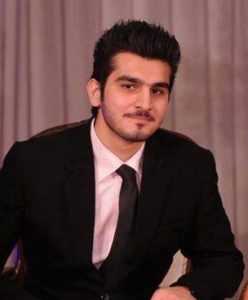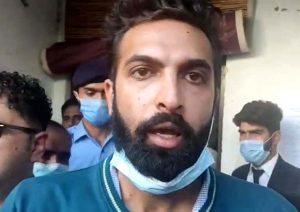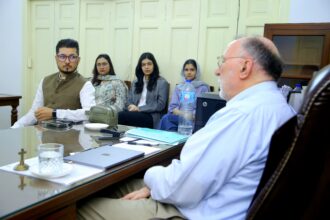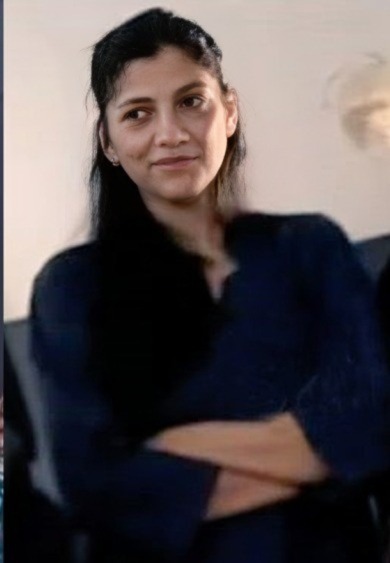Remember Natasha? The woman who took three innocent lives because she was drunk while driving. Did she have to face the consequences of a heinous crime? Of course not, being the daughter-in-law of the well-known Gul Ahmed Group of Industries, a well-known and reputable family of Pakistan who can easily hide their not-so-well-reputed actions with the power of their name and money. This is the reality of Pakistan in which we reside. These “izzat-daar” (respectable) families hide behind the curtains of inherited respect, and the state fails to punish them almost every time.
The Distorted Concept of “Izzat”
Let’s get into the basics of the concept of “respect,” or more commonly known as “izzat,” in Pakistan. It is held up to such high regard in the region that people are often killed in the name of it. Respect, back in the day, used to be known as a completely immaterial concept that had nothing to do with money. Rather, it used to be genuine, coming straight from the hearts of people, based on the actions of the recipient and his contribution to society. However, today, people fake their respect for others, either due to the other person’s wealth or their power status in society.
We often hear sentences or phrases like:
“He belongs to an honorable family, he cannot possibly do that.”
The truth is that respect can never be inherited; the honor that comes from a family name is nothing but an illusion because, eventually, it is something that one needs to earn through their actions in society. The respect that is earned via your surname can be temporary, but for one to maintain it, they have to prove themselves.

Inherited Honor as a Shield for Crimes
In Pakistan, however, respect has become a shield for the powerful, a curtain behind which anyone can hide and manipulate the truth. The deeds of one’s ancestors can never compensate for the actions of future generations.
This issue is more than what society thinks of these individuals; the reputation of these so-called respectable families creates an implicit legal immunity, which leads to reluctance in proper law enforcement and investigation of crimes committed by these “honorable” individuals. From media coverage and police reports to actual court proceedings, everything gets tampered with in order to facilitate the preservation of the social standing of these individuals.
The Dark Secrets Hidden Behind Closed Doors

These families hide the most atrocious crimes behind their closed doors. Crimes like domestic violence, financial fraud, and rape are buried within the high walls of these families. From daughters-in-law being mistreated to daughters being silenced for the frail respect of the surname of the family, no relationship can withstand the pressure of honor.
The problem with this culture of inherited honor is that when crimes are not reported the way they should be, it creates a pattern of repeat offenders. Crimes like abuse and financial crimes get normalized within the households of these families, and generation after generation, their youth become entitled to committing crimes without having to face its consequences simply because they were never told the difference between the good and the bad.
Breaking the Cycle of Injustice

The insignia of “izzat-dar khandan” must be shattered for there to be justice in society; families cannot be exempt from responsibility, and crimes must be made public regardless of the family from which they originate. Since education is a powerful tool for preventing crime, it shouldn’t be tailored to the backgrounds of different social strata. This implies that ensuring that everyone, regardless of background, has the chance to learn and develop requires giving equal access to high-quality education a priority. By creating an atmosphere in which everyone has access to knowledge, society may break down the obstacles that support inequality and injustice.












